On April 28, International Horticultural Exhibition 2019 Beijing kicked off. President Xi Jinping delivered the speech at the opening ceremony, and he mentions to maintain the overall balance of the Earth ecosystem so that future generations will enjoy the material wealth as well as natural assets. Xi’s summary is a vivid illustration of ecological civilization.
As a precious natural resource, starry sky embodies people's yearning for the universe and desire for astronomical knowledge. The industrialization has created unprecedented wealth, but it also caused great damage to the ecological environment. China is on the fast track of ecological conservation. Facing new challenges in this ear, the Dark & Starry Sky Committee of China Biodiversity Conservation and Green Development Foundation (CBCGDF) has been working to conserve the starry sky.
Leave the beautiful starry sky to the future generations
— The Working Record of The Dark & Starry Sky Committee of China Biodiversity Conservation and Green Development Foundation
In the last century, excessive uses of lighting have caused tremendous disruption and destruction to the night environment of human and the entire biosphere. As a result, two-thirds of cities globally have lost sight of galaxies and constellations. It is the light pollution that disturbs animal and plant ecology and human health, causes energy waste and the poor sight of the beautiful night sky when millions of children have never seen the real galaxy from where they live.
Like other countries around the globe, light pollution is severe in China. According to satellite imaging, the luminance of the night sky of Beijing, Shanghai, Guangzhou and other metropolises in China is no less than that of New York and Paris; the light pollution in the economically developed areas of the mid-east region has been cluttered; even in some places, where the urbanization process is relatively fast, situations of light pollution are unpleasant. Many young people born in cities after the 1980s have never caught sight of a star-filled sky, and many observatories in the suburbs have been abandoned or disturbed.
A starry sky is not only a kind of profound natural beauty but also a natural accomplishment formed by the national spirit. The history and culture of thousands of years of human looking up to the starry sky should not be lost in our generation.
Beautiful China needs a beautiful starry sky. In order to encourage the public to engage in public welfare undertakings, promote biodiversity conservation and green development, and implement the overall goal of national ecological civilization construction, China Biodiversity Conservation and Green Development Foundation (CBCGDF) set up the Dark & Starry Sky Committee in September 2015. The Committee has promoted the establishment and popularization of the "Dark Sky Protected Areas" in Tibet, Inner Mongolia, Zhejiang, Shanxi, Jiangsu, Jiangxi and Xinjiang, and protected wildlife and habitats affected by light pollution. We issue the "Project Standard of Dark Sky Protected Areas” and formulate the evaluation standards and certification management of dark sky protected areas. CBCGDF Dark & Starry Sky Committee also actively cooperates with international organizations and mobilizes social forces to lead the development of China’s night environmental protection and star sky culture industry.
Over 70 Dark Sky Protected Areas have been widely recognized, and these Areas function as the base of dark sky protection, science popularization, and tourism. In June 2015, CBCGDF Dark & Starry Sky Committee cooperated with Xizang provincial competent agencies to promote dark sky conservation, which received the full support of the local government. With the great assistance of local government departments and experts, the Committee set up two dark sky protected areas respectively in Naqu and Ali, progress which demonstrates the development of dark sky conservation.
CBCGDF Dark & Starry Sky Committee is planning to set up more dark sky protected places in inland provinces, including Zhejiang, Jiangsu, Shanxi, and Sichuan.
In January 2017, CBCGDF Dark & Starry Sky Committee made a field investigation in Changhong Village, Kaihua County, Quzhou City, Jiangsu Province, for setting up dark sky protected area in Changhong.
In September 2017, CBCGDF Dark & Starry Sky Committee made a field investigation in Jincheng City, Shanxi Province
At the beginning of 2018, CBCGDF Dark & Starry Sky Committee submitted proposals before the "Two Session (NPC & CPPCC)" to promote the legislation on curbing light pollution.
In March 2018, CBCGDF Dark & Starry Sky Committee recommended Naqu and Ali dark sky protected areas to International Union for Conservation of Nature (IUCN), and the two protected areas were added into the World List of Dark Sky Places of Dark Skies Advisory Group of International Union for Conservation of Nature (IUCN-DSAG).
In October 2018, CBCGDF published the Project Standard of Dark Sky Protected Areas as the reference for institutions and local areas who plans to set up dark sky protected places.
In November 2018, the Dark Sky Protected Area-Taihanghonggu National Forest Park was launched.
On December 12, CBCGDF Dark & Starry Sky Committee made a field investigation in Hengfeng County, Jiangxi Province.
In January 2019, CBCGDF Dark & Starry Sky Committee approved local county-level government’s application to establish the dark sky protected area in Hengfeng County, Jiangxi Province.
In March 2019, CBCGDF submitted the proposal of dark sky protection, appealing for legislation and public attention to this campaign. This proposal was submitted during “Two Session” by Wen Caixiang, member of the CPPCC National Committee.
From March to May 2019, CBCGDF Dark & Starry Sky Committee works with the Chinese Astronomical Society Popularization Committee and China Science Communication to hold lecture tour on light pollution and dark sky protection in universities.
In April 2019, CBCGDF Dark & Starry Sky Committee made a field investigation in Xinjiang.
Dark sky protection is an undertaking that future generations will benefit enormously from. It is our duty to help the public to develop a deeper understanding of ecological civilization. We will make every effort to contribute to the community of shared future for mankind, and actively work as the protector and practitioner of creating a better future.
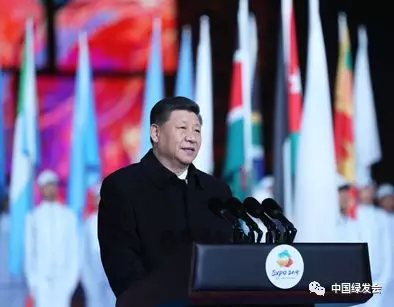
(Photo source: Internet)
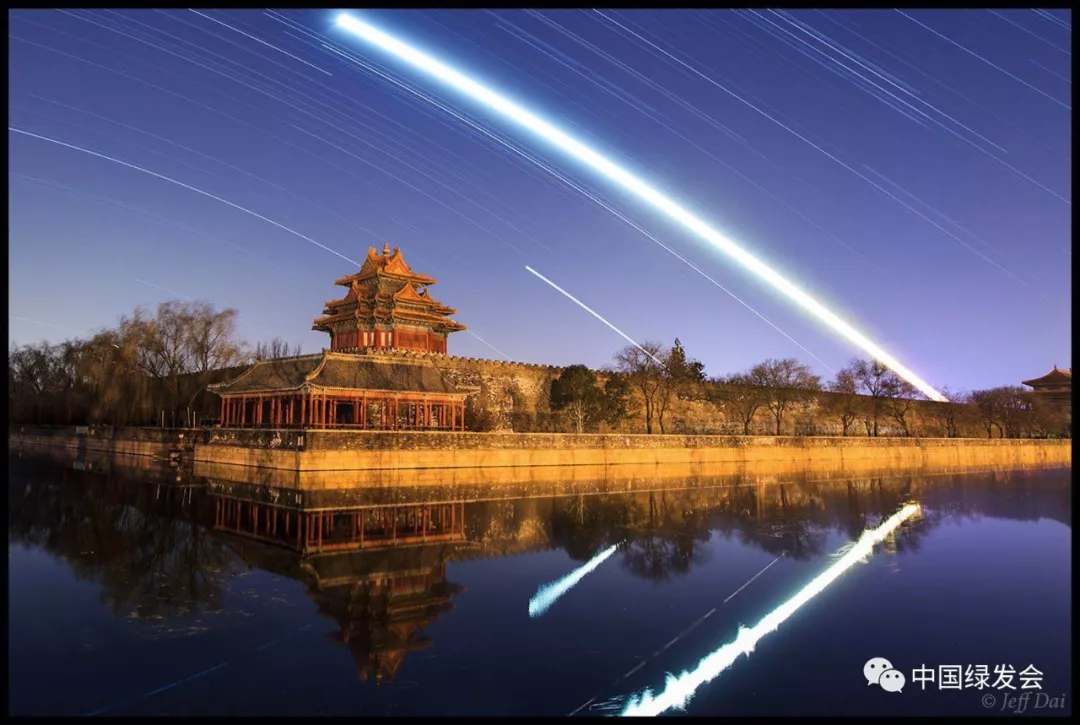
(Photo credit: Dai Jianfeng)
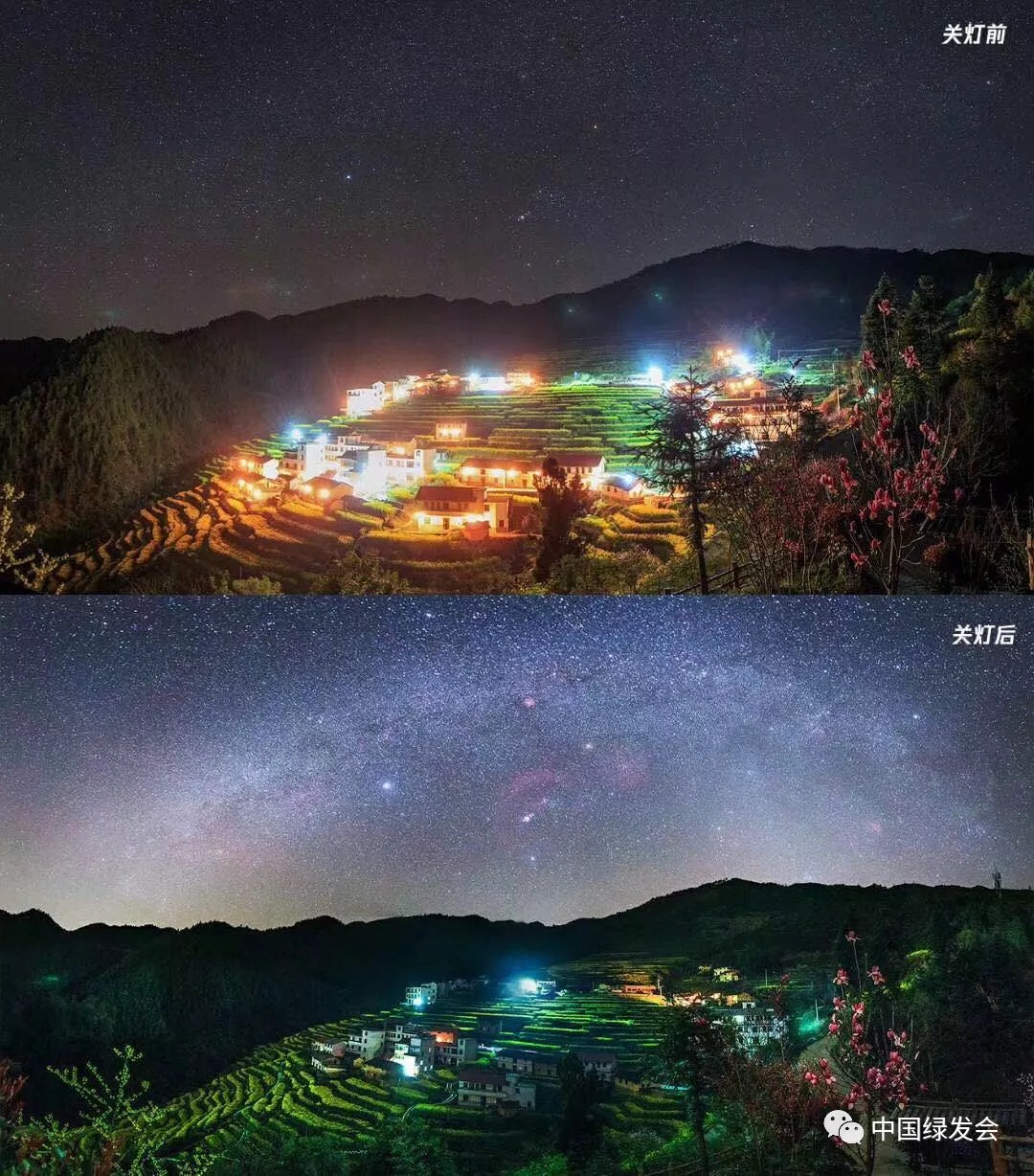
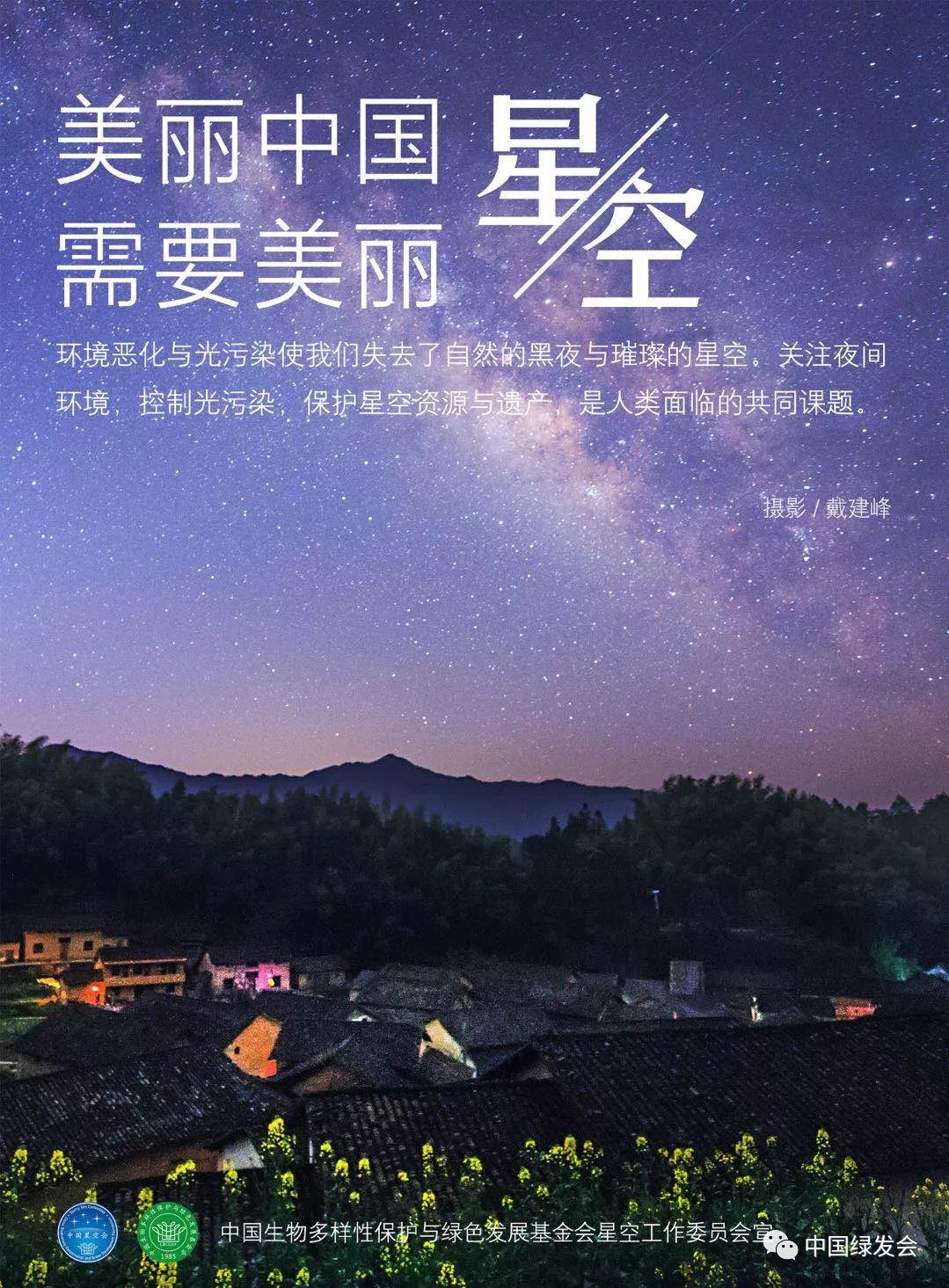
(Photo credit: Dai Jianfeng)
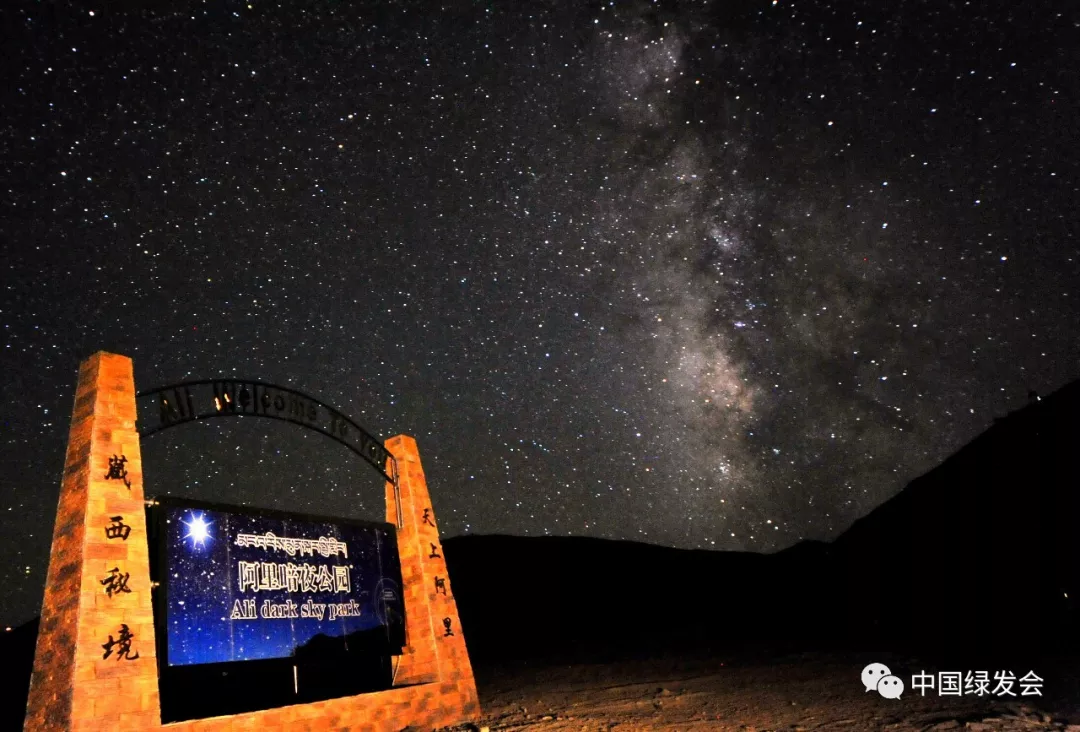
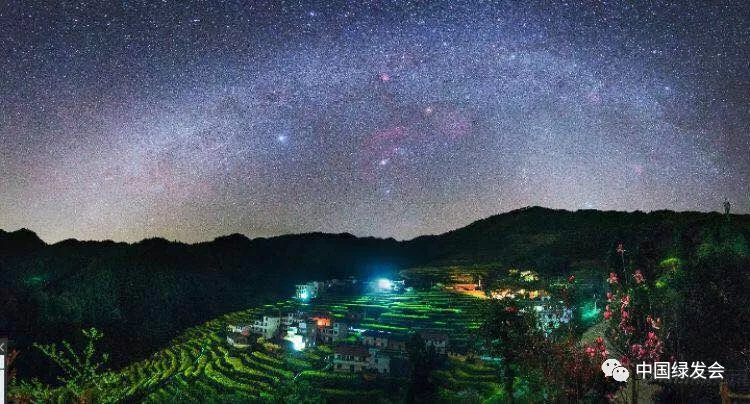
(Photo credit: Dai Jianfeng)
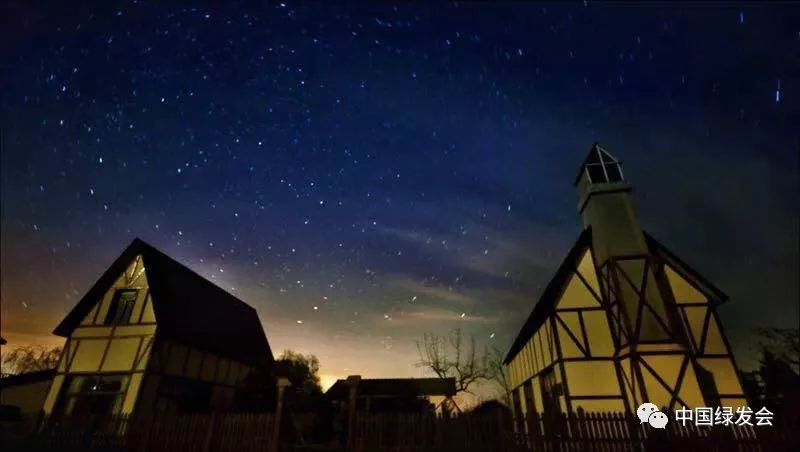
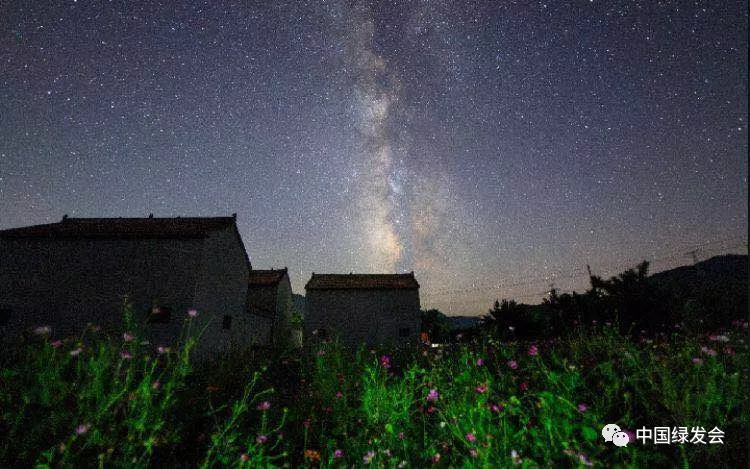
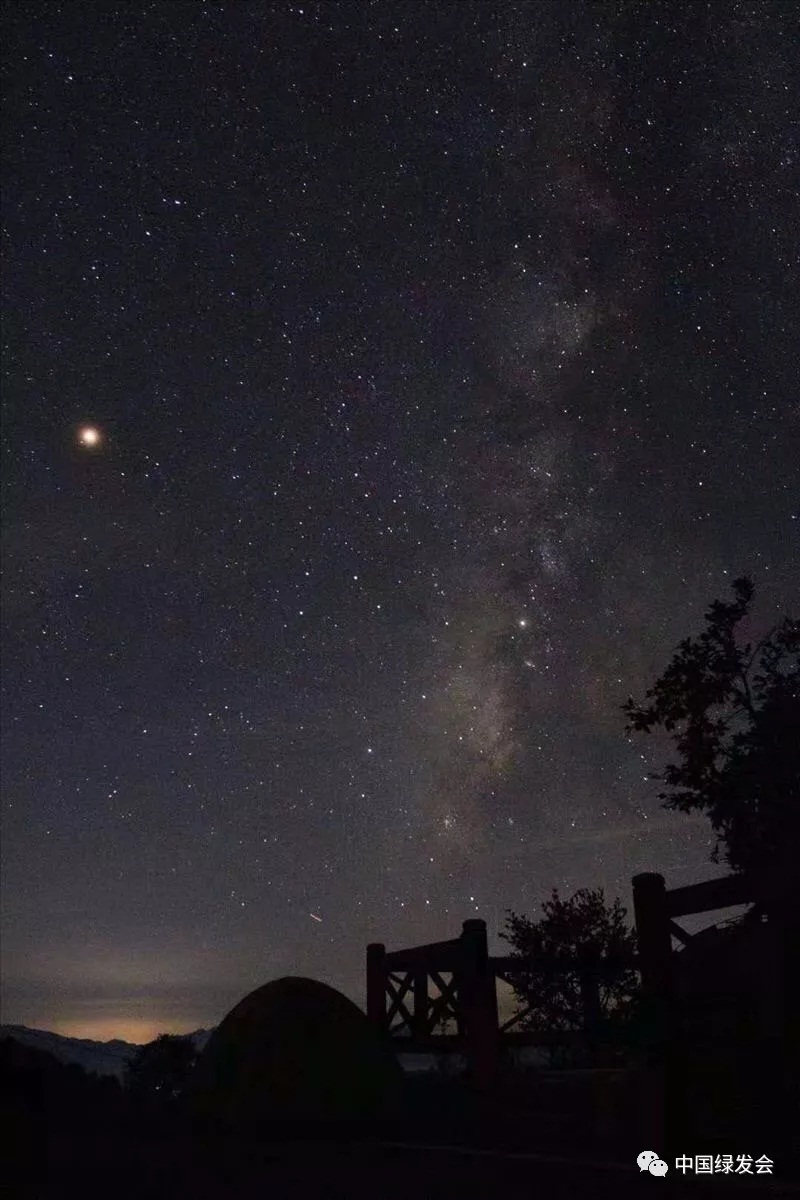
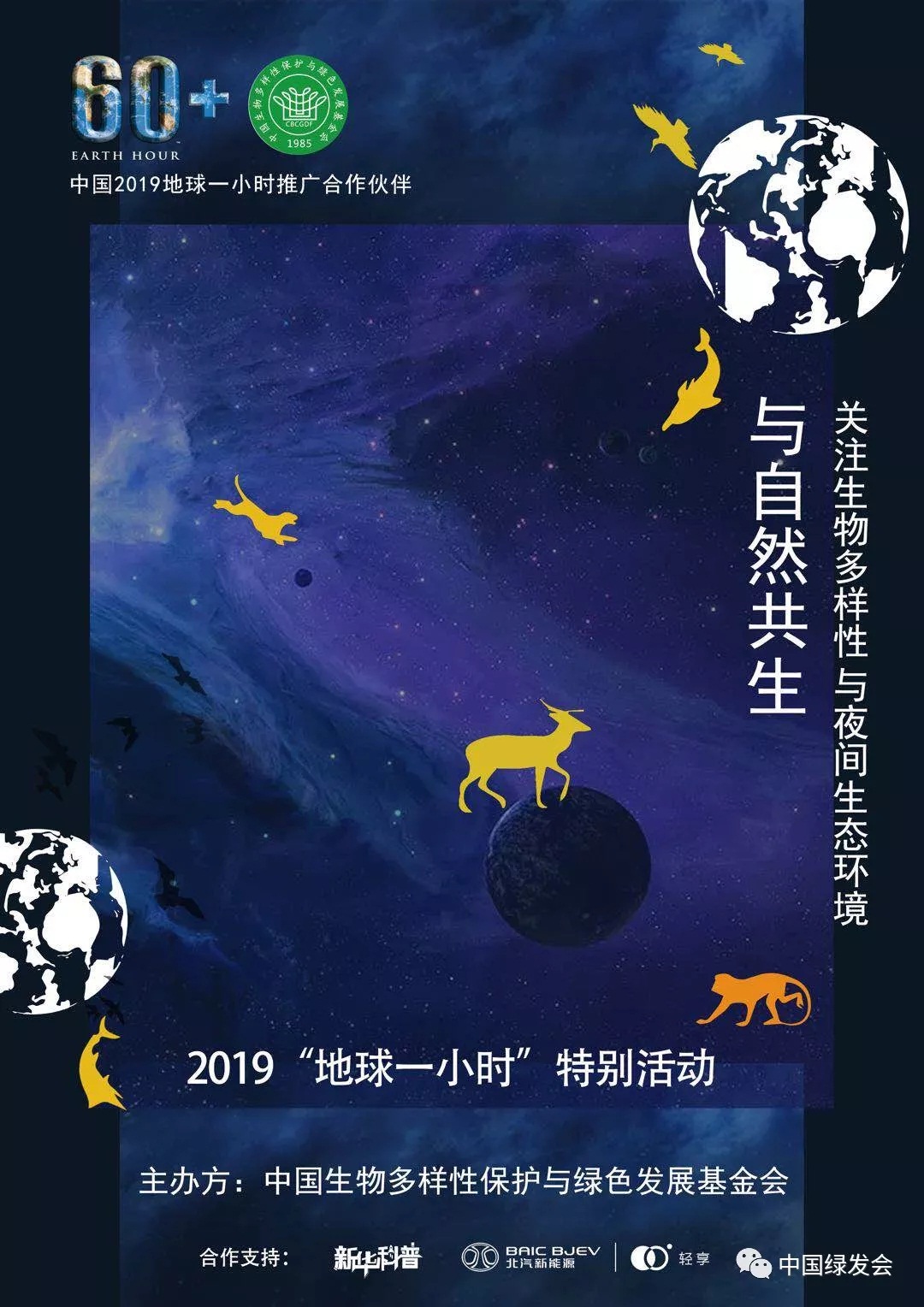
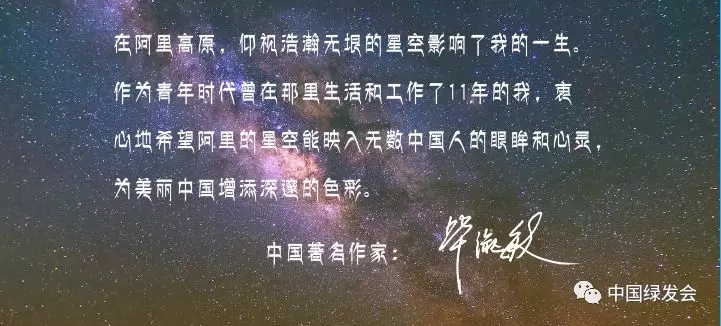
(Photo credit: CBCGDF)
Original Chinese article:
http://www.cbcgdf.org/NewsShow/4854/8465.html
By / Wang Yanqing
